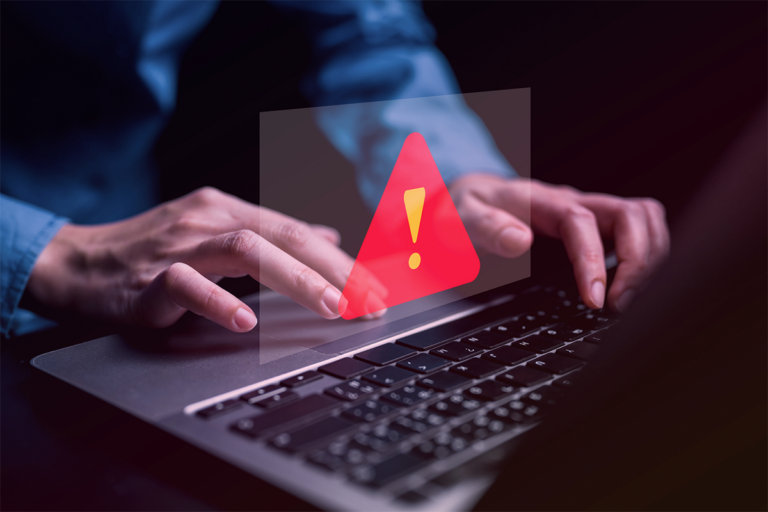Running a medical practice involves storing and maintaining sensitive data — and keeping that data secure is paramount to the success of your practice.
Today, we’ll look at how you can ensure your data is protected, to prevent cybercrime impacting your business and patients.
Why desktop software security is so important
Desktop software security is one of the most important lines of defence against any unauthorised access of your data. A secure desktop ensures that personal information, records and practice information cannot be accessed by people outside your team.
How to keep your desktop software secure
There are three key steps that practices can take to keep their desktop software secure.
– Have reliable backup processes
Recovering your data from a virus, malware, hack attempt or software failure isn’t easy. That’s why it’s important to back-up your data in at least two separate places, such as an external device and trusted cloud software. This way, you can ensure you’re protected if something should happen to the physical device like theft, flooding or fire, or if there is a hack attempt on your cloud software.
As another precaution, ensure you have antivirus software installed and up-to-date on your desktop. This will add another layer of protection to your data.
– Watch out for bad links
Have you ever received an email from your “bank” with some spelling errors and a link that doesn’t look quite right? It’s most likely a phishing scam. Often the attachment to this email or the link you are encouraged to click on is infected with malware, and it’s how many of the major data breaches from big companies across the world have occurred.
If you receive an email with any of the following, these should raise a red flag:
- Asking for personal information: Most businesses — including your bank — will never ask you for confidential personal information or financial information via email.
- Misspelled or slightly different email senders: Scam emails are sent via fake email accounts that are made to look like real ones. Be sure to closely scrutinise the email address and look for letters, words and numbers where they shouldn’t be.
- Strong or urgent requests to click on a link or attachment: Often what looks like a legitimate hyperlink or attachment links to a malware infected website. Simply hover your mouse over the text of the link without clicking. This will show you the full URL, which can help to confirm whether the link or attachment is legitimate.
If you ever receive an email containing any of the above, contact the sender’s business directly with a phone call to confirm if they are the actual sender.
– Secure your file transfers
As a practice, you’ll most likely be sending and receiving files from other practices and specialists. As part of your secure data system, you’ll want to ensure that whatever you share is seen only by the people you choose.
Use a file transfer system that encrypts your files and requests a password for access.
At Magentus, we know exactly how critical your sensitive data is. That’s why the infrastructure of our desktop software has been designed to adhere to security best practices.
To learn more about how Magentus can keep your data secure and make your practice management easier, click here.
